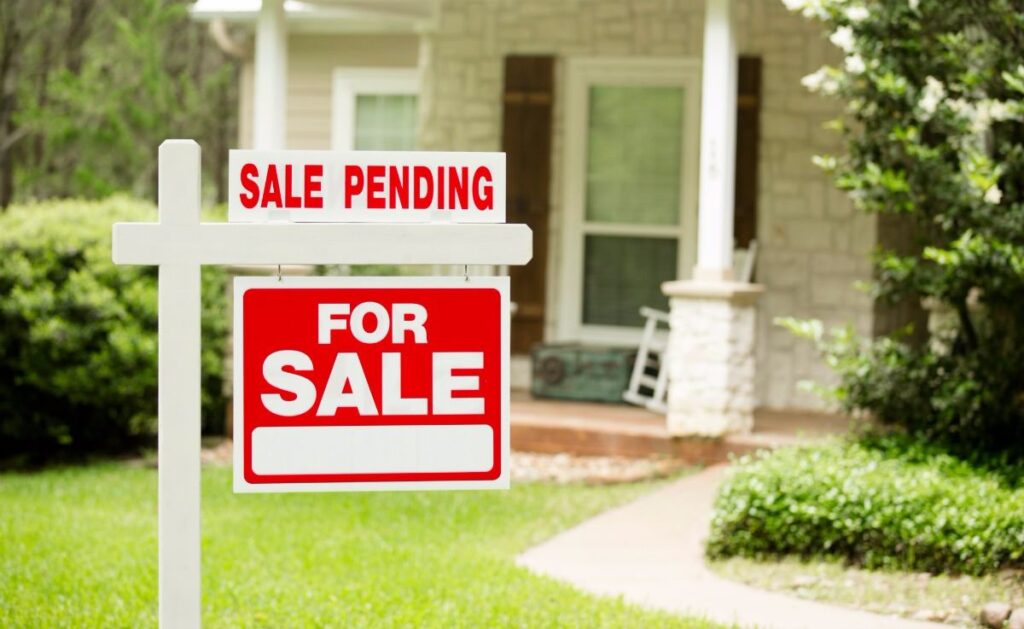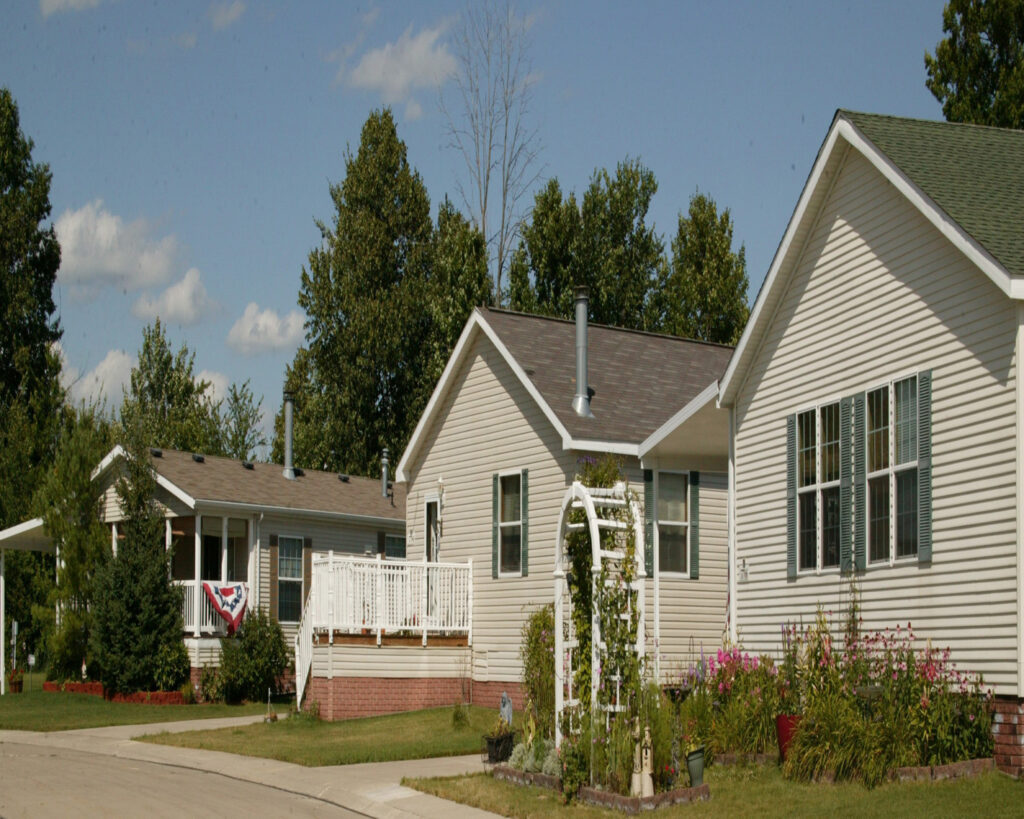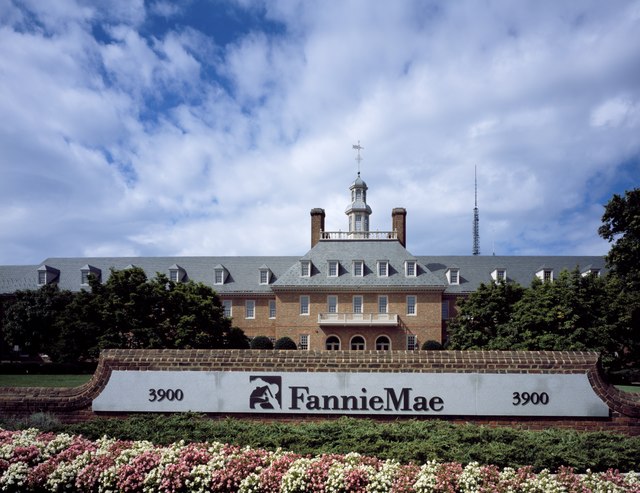
Resident Purchase Opportunity
Residents of manufactured home communities (also known as mobile home parks) face many problems and few states have effective resident protections.

Titling of Manufactured Homes as Real Property
A major hurdle that prevents many owners of manufactured homes from enjoying the same benefits as owners of site-built homes is classification of the home as “chattel,” the legal term for personal property, as opposed to real property.

Duty to Serve
Under federal law, Fannie Mae and Freddie Mac have a duty to serve three underserved markets, one of which is manufactured housing.
All Manufactured Housing Resources
Recent
View All for RecentDecember 28, 2023
January 24, 2023
Comments & Letters
View All for Comments & LettersReports
View All for ReportsAugust 1, 2018
October 1, 2014
September 1, 2010
Issue Briefs
View All for Issue BriefsSeptember 28, 2022
February 7, 2017
October 14, 2015
January 15, 2015
January 1, 2009
September 3, 2008
September 1, 2008
Testimony
View All for TestimonyJanuary 24, 2023
Press Releases & News
View All for Press Releases & NewsFrom the NCLC Digital Library
Home Foreclosures
NCLC’s definitive treatise on all aspects of home foreclosures, including how state law governs whether a manufactured home must be foreclosed upon as real property or repossessed as moveable assets.
Read Chapter One